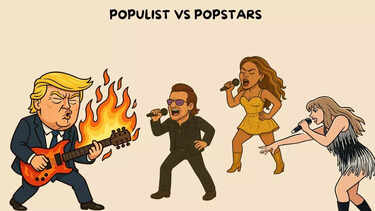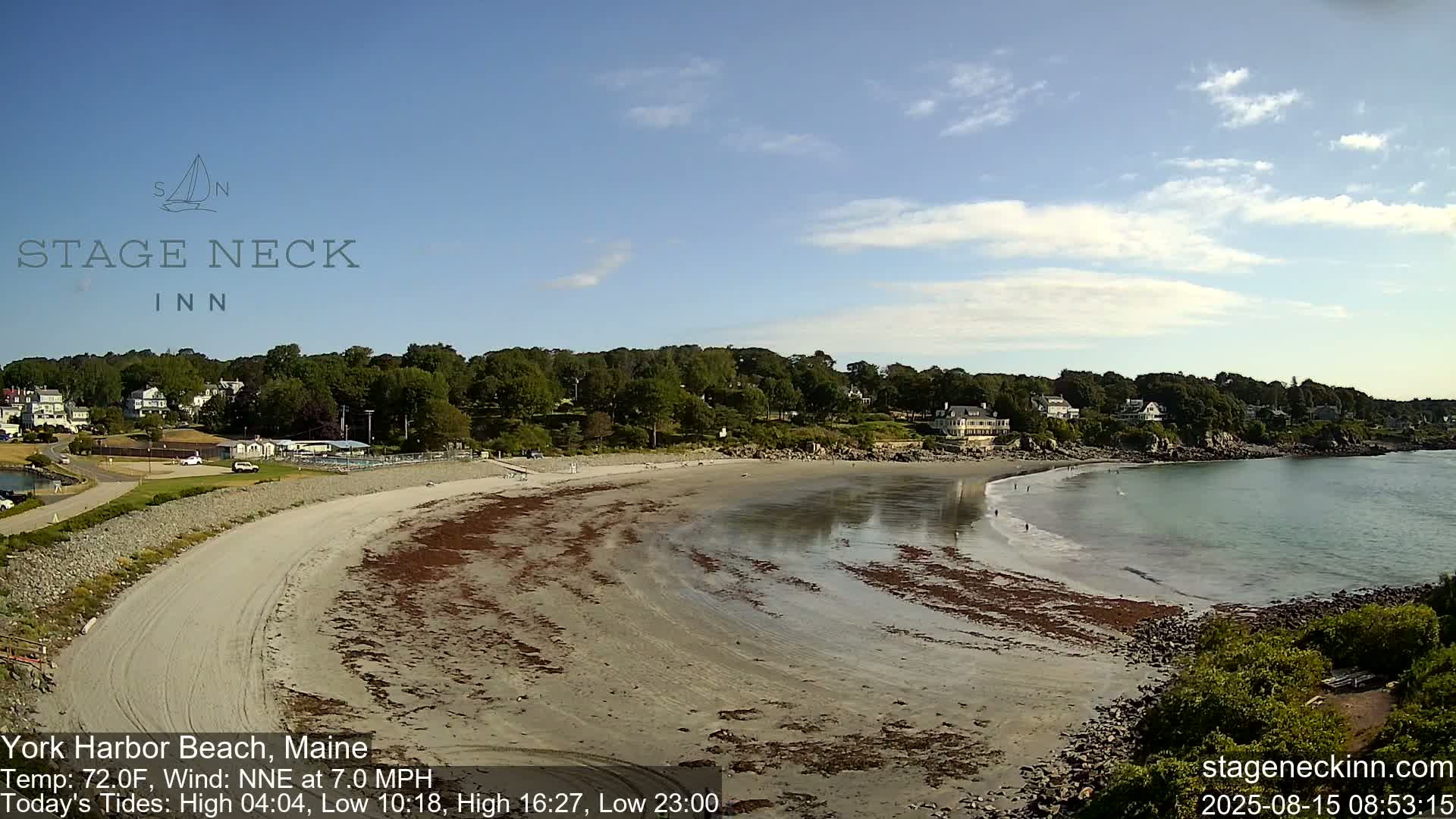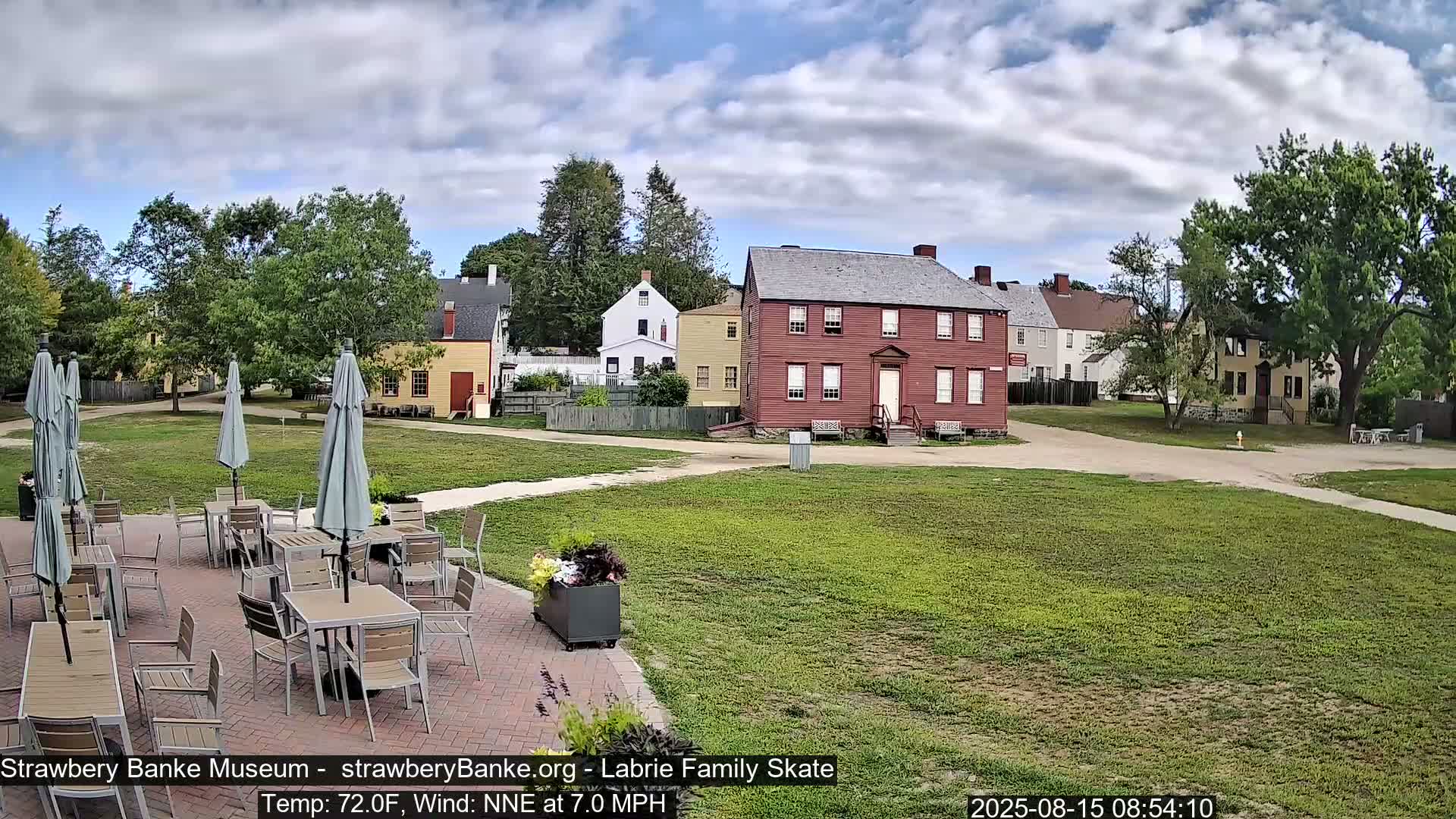Trump vs. Pop Stars: The Cultural War with Taylor Swift & Beyoncé
 United States
Politics
United States
Politics

Donald Trump's conflict with Taylor Swift, Beyoncé, and Bruce Springsteen reflects a cultural war where celebrity endorsements clash with populist views.
Trump's War with Pop Stars: A Cultural Divide
Donald Trump's trajectory from real estate mogul to political leader has been inextricably linked to celebrity culture. Initially, he sought the approval of the elite circles, but his approach shifted as he embraced a populist narrative. Now, he openly criticizes celebrities supporting Democratic causes.
Clash of Cultures: Swift, Beyoncé, and Springsteen
This shift has resulted in direct confrontations with notable figures like Taylor Swift, whose influence over younger voters has drawn Trump's ire. Similarly, Beyoncé's endorsement during a rally was met with accusations of illegal campaign contributions. And Bruce Springsteen faced personal attacks for his criticisms of Trump.
Celebrity Influence vs. Populist Appeal
Despite these high-profile endorsements, the 2024 election demonstrated that celebrity influence alone couldn't guarantee victory. The election results exposed a divide between the values and concerns of Hollywood and a significant segment of the working-class population. Trump's anti-elite message continues to resonate with this demographic, suggesting a disconnect between celebrity endorsements and the realities faced by many voters.
Ultimately, while pop stars can generate noise, Trump's message connects with many on a more fundamental level.





